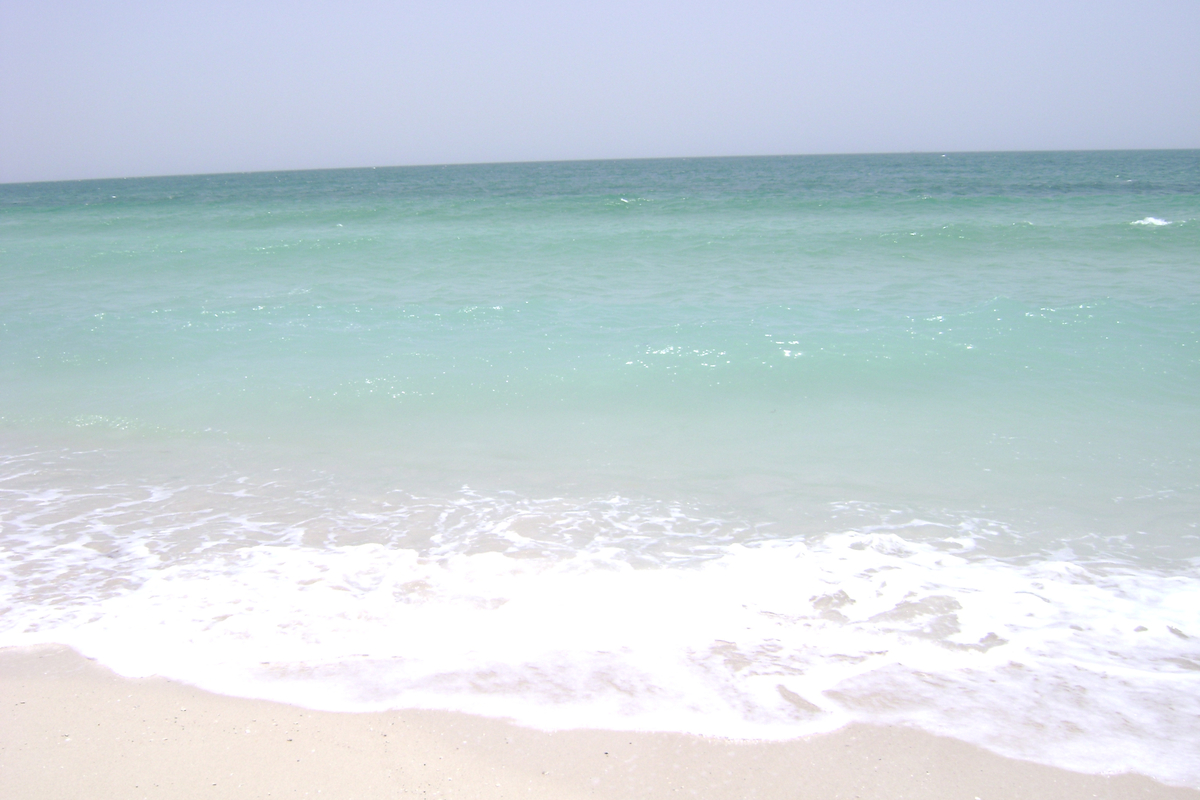Kuwait
Saudis, Kuwait Agree to Resume Oil Production at Shared Fields

(Bloomberg) –Saudi Arabia and Kuwait agreed to resume oil production in a shared border region more than four years after halting output.
Their agreement allows for “the resumption of oil production from the joint fields,” the Saudi energy ministry said on Twitter. The oil fields in the so-called neutral zone can produce as much as 500,000 barrels a day — more than each of OPEC’s three smallest members pumped last month.
Chevron Corp., which operates the area’s Wafra field together with Kuwait Gulf Oil Co., expects full production there to be restored within 12 months, it said Tuesday in a statement. Wafra has been shut down since May 2015.
A resumption on that timetable would be unlikely to add significant amounts of oil to the market within the current duration of the Organization of Petroleum Exporting Countries’ production cuts deal, which runs until the end of March. Even so, the agreement to re-start the fields could weigh on market sentiment amid concerns about faltering growth in world demand and rising supply from the U.S. and other producers.
Desert Dispute
Kuwaiti and Saudi officials didn’t specify when production is to resume, and such details will require further negotiations, according to a person with direct knowledge of the matter. Restoring output at the fields won’t be easy and will take time and preparation, the person said, asking not to be identified because specifics of the plan aren’t public.
The neutral zone, spanning more then 5,700 square kilometers (2,200 square miles), was created by a 1922 treaty between Kuwait and the fledgling Kingdom of Saudi Arabia. In the 1970s, the two Gulf Arab monarchies agreed to divide the area and incorporate each half into their respective territory while still sharing and jointly managing the zone’s petroleum wealth. The region contains two main oil fields: the onshore Wafra and offshore Khafji.
The area hasn’t produced anything since 2014, when Khafji was shut down after a spat between the neighbors. The disagreement escalated over the Wafra field, when Saudi Arabia extended the original 60-year concession of the field, giving California-based Chevron, through its subsidiary Saudi Arabian Chevron Inc., rights there until 2039. Kuwait was furious over the announcement and claims Riyadh never consulted it about the extension.
Saudi Arabia and Kuwait have held a number of private meetings since 2015, at one point coming close to signing an agreement before pulling back at the last minute over wording in the final documents regarding contentious sovereignty issues. They entered a fresh phase of talks earlier this year.
The fields are particularly important because U.S. sanctions on Iran and Venezuela have tightened the supply of heavy, high-sulfur crude — precisely the kind of oil that the neutral zone produces. U.S. diplomats had been pressing both sides to reach an agreement.
-

 Insurance2 months ago
Insurance2 months agoSupporting Community Wellness: Liva Insurance Sponsors Muscat Marathon 2026 with Free Health Checkups
-

 News2 months ago
News2 months agoAI Security Conference 2025 Hosted by Securado Highlights the Changing Cybersecurity Landscape
-

 Interviews1 month ago
Interviews1 month agoEXCLUSIVE INTERVIEW: TLS Rebranding Marks Strategic Leap Toward Innovation, Sustainability & Growth
-

 Dossier1 week ago
Dossier1 week agoDossier, 2026
-

 Insurance1 month ago
Insurance1 month agoLiva Insurance Supports Community Wellness Through “Experience Oman – Muscat Marathon 2026”
-

 Investment3 weeks ago
Investment3 weeks agoLalan Inaugurates Its First Overseas Manufacturing Facility, Marking Sri Lanka’s First Investment in SOHAR Freezone
-

 Banking & Finance1 week ago
Banking & Finance1 week agoNational Finance Unveils Exclusive Ramadan Offers on Auto Financing
-

 Food & Dining3 weeks ago
Food & Dining3 weeks agoGrand Millennium Muscat’s exclusive Ramadan Iftar and Suhoor Experiences




























